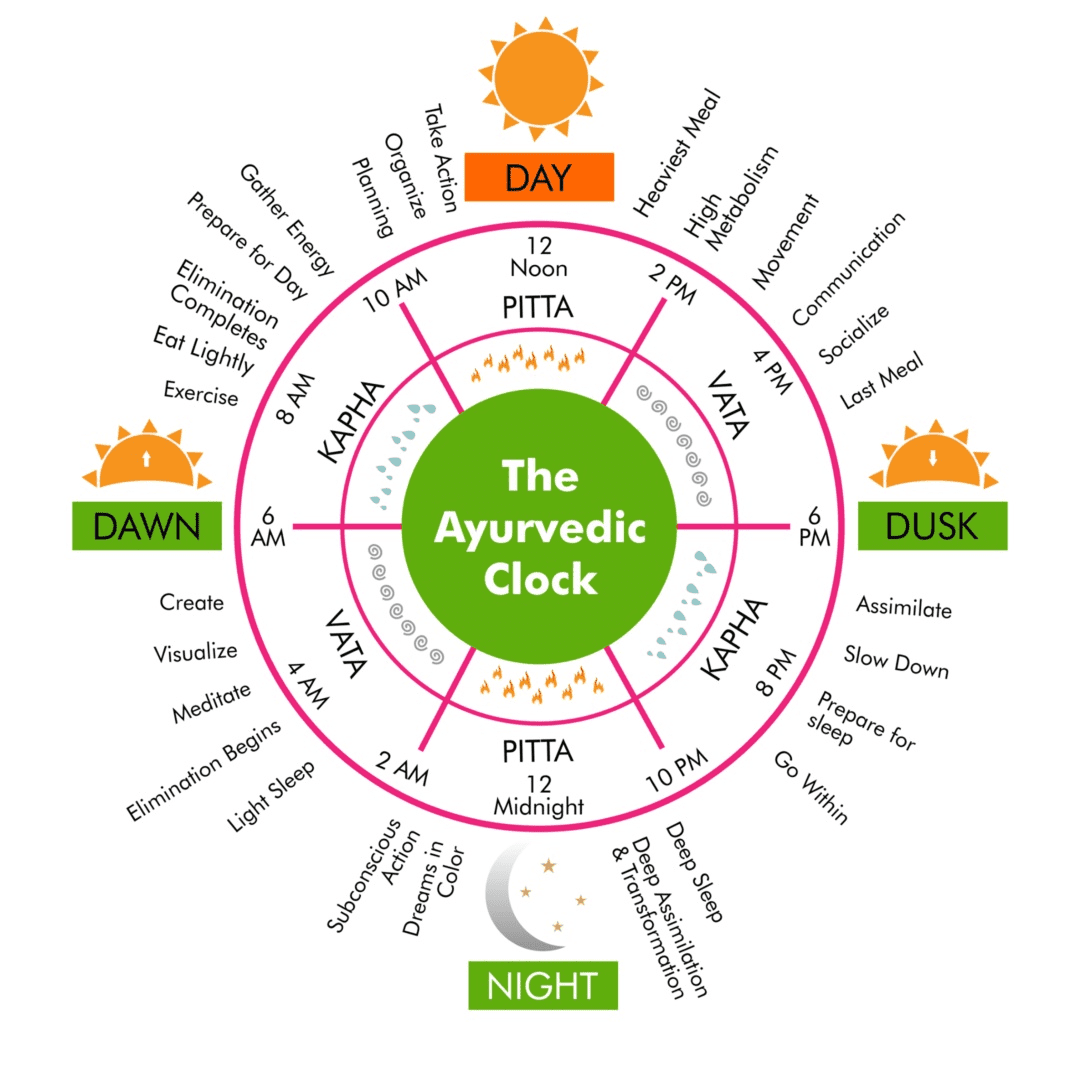
The 2017 Nobel Prize for Physiology and Medicine was awarded to Jeffrey C. Hall, Michael Rosbash and Michael W. Young for their discoveries of molecular mechanisms that control circadian rhythms. Circadian rhythms are driven by an internal biological clock that anticipates day/night cycles to optimize the physiology and behavior of organisms. Their research identified the gene that encodes certain proteins to build up in a cell at night and is broken down the following day. Each cell carries these light-dark cycle genes. In the late evening, our master clock, which is set by the light-dark cycle, is cuing all the other clocks in the body that it’s time to rest. “The clock in the brain is sending signals saying: Do not eat, do not eat!” When we override this signal and eat anyway, the clock in your pancreas, for instance, is forced to start releasing insulin to deal with the meal. Research suggests that this late-night munching may start to actually reset the clock in the organ. The result? Competing time cues. “The pancreas is listening for signals related to food intake. But that’s out of sync with what the brain is telling it to do,” says Turek. “So, if we’re sending signals to those organs at the wrong time of day, we’re upsetting the balance.”
The findings of the Nobel Laureates validates Ayruvedic thought of living in harmony with the rhythms of Nature. When we are in harmony with our external ecosystem, internal health is more readily available, If we step out of the daily and seasonal rhythms of nature, imbalances might begin to appear in our internal ecosystem.
It is recommended to eat your last meal at least 2 hours before bedtime. If your meal is heavy and spicy, then a gap of 3 hours between the last meal and sleep time is recommended. This allows enough time for food to be digested before you go to bed. During sleep, the muscle activity that moves food through the digestive tract slows down. A balanced meal - whole grains, vegetables & fruit, protein sources like lean meat, fish, nuts and seeds, and healthy oils - gives enough nutrients (macro- and micro-) to help the body produce serotonin which is essential to produce melatonin, the hormone responsible for good sleep.
The four most important vitamins and minerals that are required to promote sleep are tryptophan, magnesium, calcium, and Vitamin B6. While tryptophan is an amino acid that gets converted into the neurotransmitter serotonin and then into the hormone melatonin (a hormone responsible for regulating your sleep/wake patterns), magnesium is a powerful mineral that aids in getting sleep. Calcium-rich foods help the brain make melatonin and Vitamin B6 converts tryptophan into melatonin


